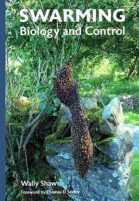
click image to zoom
One of the key events in the bee keeping year (for both the bees and the beekeeper) is the swarming season. In order to obtain the maximum honey yield from colonies, the beekeeper needs to manage the natural swarming process. Much has been written about swarming but this often takes the form of rather prescriptive instructions for swarm control which…
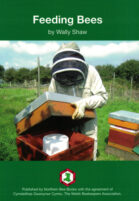
click image to zoom
Honey bees collect two types of food material; nectar and pollen. With the collection of nectar there is no evidence that there is any selection based on its nutrient value, other than as a source of energy (their dietary carbohydrate). Pollen is their source of protein and lipids (fats). By contrast, foraging for this vital material is much more complex…
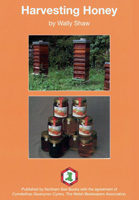
click image to zoom
This booklet covers all stages of the process of getting honey from the hive and into a jar (suitable for sale) in a manner that inflicts the least damage to what is a delicate product. Careful treatment makes the difference between beekeeper honey and that sold in most supermarkets which has usually been ultra-filtered and pasteurised to prevent fermentation and…
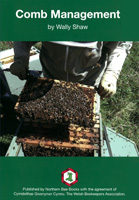
click image to zoom
In a sense the combs in a honey bee nest are an extension of the bees that made them and it is really the bees and combs together that constitute the colony. In fact, the average honey bee worker spends 95% of her life on the combs in the hive. The combs are built to be multi-purpose in the sense…
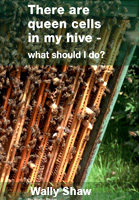
click image to zoom
A basic guide to the question of multiple queen cells in a hive. How does the beekeeper react? It suggests a wide range of solutions, depending on the reason for the cells. In preparation for the new season Wally Shaw provides suggested solutions in every situation. Recommended.
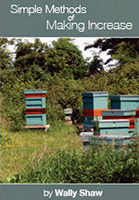
click image to zoom
This booklet originally published by the Welsh Beekeepers Association this title is meant for those with two or three hives who wish to make small increases without influencing the eventual honey crop.
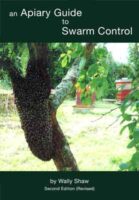
click image to zoom
The title tells it all. This booklet originally published by the Welsh Beekeepers Association is a very sound introduction to swarm control for all small scale beekeepers. There is no doubt that swarm control is simultaneously the most important and most difficult aspect of colony management with which beekeepers have to deal - if they chose to do so, of…


